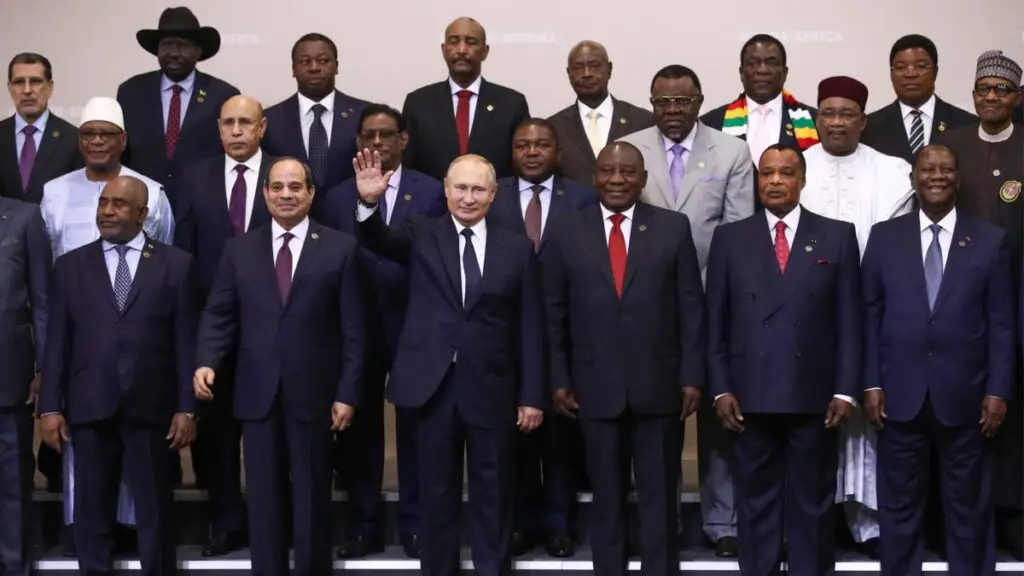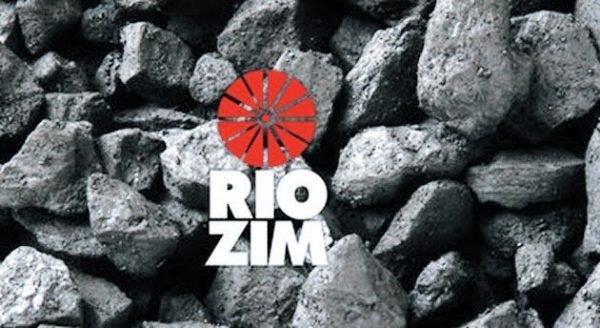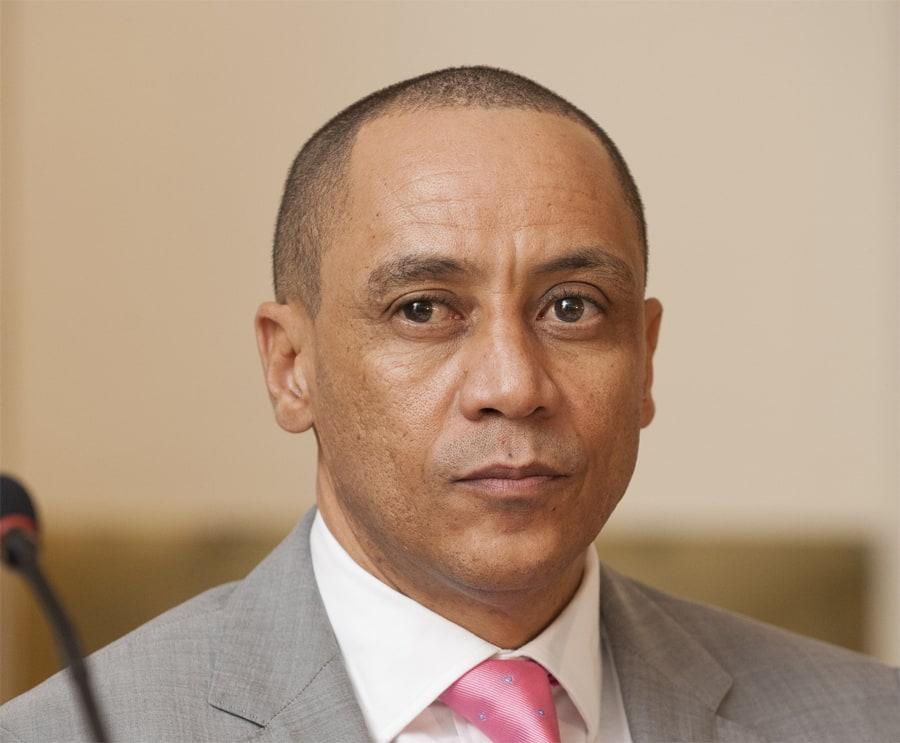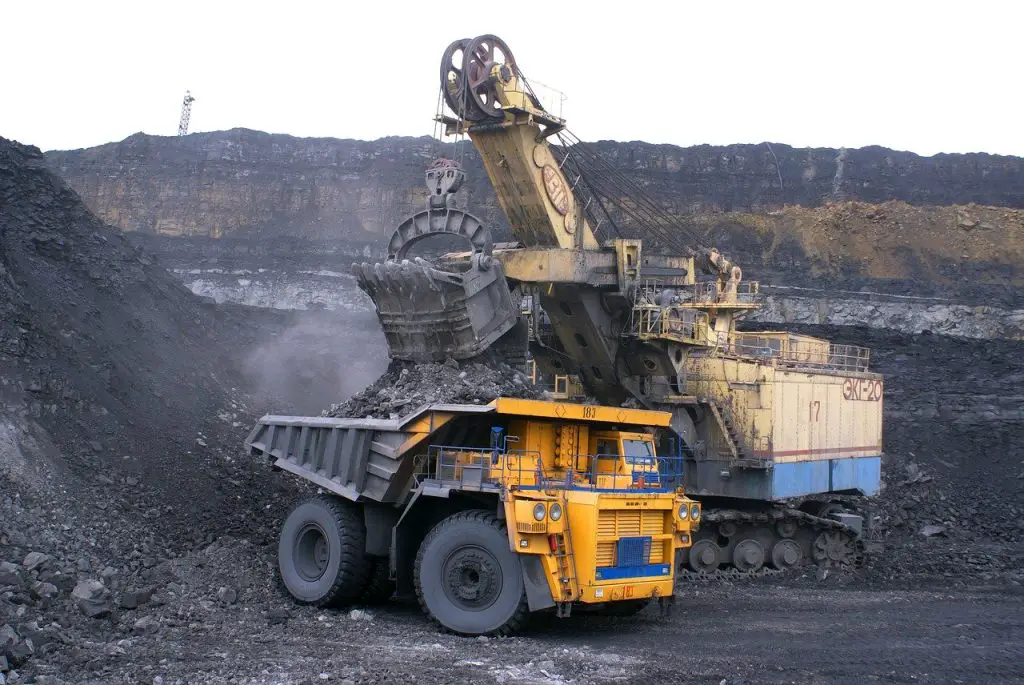- Africa’s natural resources: Will Trump’s policies benefit or exploit the continent?
- US Sanctions Zimbabwe’s gold smuggling Kingpin Kamlesh Pattni
- From Industry 5.0 to Future Finance: AIM Congress 2025’s bold agenda, key partners unveiled
- John Mahama Makes a Comeback as Ghana’s President
- Zambia’s solar energy drive: Fighting rural energy poverty with renewable options
- Nigeria to Ban Corn Exports Amid a Biting Food Security Crisis
- Democracy or diplomacy? Balancing U.S. interests in Africa under Trump 2.0
- African startups hit by funding drought in 2024, but innovation persists
Browsing: coal
- Glencore spin off of its coal business is the result of mounting pressure from its shareholders over Environmental Social and Governance (ESG) and climate concerns.
- The company resolved to spin off its coal activities after finalizing its acquisition of the coal assets belonging to Teck, a Canadian mining company.
- Glencore had initially sought to acquire Teck Resources entirely but was thwarted by the target company’s controlling shareholder.
- Shareholders in the company have since 2021 rejected the company’s climate report and its disclosures leading to the resolution to spin off its coal business.
Glencore spin off, the background
Glencore, one of the largest mining companies in the world, that is listed on the Johannesburg Securities Exchange and the London Stock Exchange announced that it would demerge its coal assets and list them as a separate business on the NYSE and JSE in two years’ time.
This follows pressure from shareholders that …
- Thungela Resources Limited has been busy with mergers and acquisitions to grow its geographic footprint and diversify from its pure play coal business.
- The JSE listed miner recently made the news when it agreed to purchase an Australian coal miner called Ensham.
- The acquisition of Ensham is an all cash transaction wherein Thungela is taking a 65% interest.
The Johannesburg Stock Exchange (JSE) listed pure play coal mining company which was created from the demerger of Anglo American’s coal assets has been on a mergers and acquisitions spree. Thungela announced earlier this month that it had acquired an Australian coal mine. This move has been read by market analysts as a risk mitigation move by diversifying away from South Africa. It also bought out its Black Empowerment partners in a US$ 60 million transaction.
Green Bonds: A possible solution to the Zimbabwe power crisis
On the M&A front, Thungela bought …
Tanzania is planning to increase its production of coal by more than three million tonnes annually as it rumps up its drive towards clean energy.
The country made its plans public at the start of the year through the Tanzania Mining Commission (TMC) which announced that the country has already increased it coal output from 1.5 million tonnes in the 2020/21 period to 1.56 million tonnes by the second half of this financial year 2022/23.
TMC Executive Secretary, Engineer Yahya Samamba, said Tanzania earned 211 million US dollars from the 2020/21 production of 1.5 million tones. He also made it clear that majority of this output was for export with more than 800,000 tonnes for the export market and a little over 60,000 tonnes consumed locally.
Also Read: Equity: Fossil fuel funding dries up as IFC buys bank’s stake
Notably, Tanzania’s coal is exported largely to India, Poland and the
The crisis has thrown the energy market into chaos, sending fossil fuel prices soaring. This has birthed the global demand for thermal coal, especially from the Asian and European markets; with most countries in both regions having been dependent of Russia, as the country is the world’s third largest supplier of thermal coal used chiefly for power generation. Coal plants that had been scheduled for closure in Europe have been reopened, to fill the deficit in mitigating fuel costs and generating electricity; as the alternative gas, is inarguably more expensive. With energy security under threat, climate policies and commitments have taken a back seat. The EU recently declared that natural gas now qualifies for green investments.
The African coal market is projected to enjoy double its revenue for the next one year. The prevailing energy gap has created a window of opportunity for African coal producing nations. According to a…
Riozim Limited the Zimbabwe based, and Zimbabwe Stock Exchange-listed diversified miner, has more going wrong for it than right.
For a mining company looking at news reports around it, analyst coverage and its financial reports one cannot help but wonder if all is well at one of the oldest ZSE-listed mining companies.
The company has been in the news for poor labour relations with its workers and for poor operational and financial performance and it looks like there is no end in sight for the troubled miner. Investors on the ZSE and in the diversified miner got some reprieve when Bloomberg broke the story that Riozim had bought a diamond miner in Namibia in a move meant to herald the company’s foray into the rest of the continent and increase its investment activities in Zimbabwe.
- RioZim can be reasonably called a beleaguered or troubled company. It is not exactly
The remainder of Anglo’s coal assets were demerged from the group and bundled into a new company called Thungela Resources Limited. This strategy in coal mining circles is called “mine to mouth” and is being continued by Seriti. Eskom, South Africa’s power utility, has an agreement where its thermal power stations are fed with coal from the company’s Kriel and New Largo mines. These mines are adjacent to the power stations.
Seriti Resources (the company’s name is from the native Sotho language and means integrity) was formed in 2017. Mike Teke, through his investment vehicle Masimong Holdings Group owns 25% of Seriti Resources.
The remainder of the shares in the energy company is owned by Sandile Zungu’s Zungu Investments Company, Thebe Investments Corporation, and Community Investment Holdings.…
Tanzania’s coal mining landscape is featured with attractive investments. In September 2011, a Chinese company, Sichuan Hongda Co. ltd, signed a $3 billion deal with Tanzania to mine coal through the Mchuchuma Coal mine and iron ore, yet another big win for the sector (Global Energy Monitor – GEM).
The current agreement comes to supplement the existing efforts the government of Tanzania and other private actors made to enhance coal mining.
In January 2021, it was reported that Tanzania China International Mineral Resource Ltd. (TCIMRL) requested tax incentives on import duty on goods to be imported for the construction work, incentives on spare parts and machinery, and relief on fuel.…
Strong demand for its commodities was the result of supply chain disruptions being experienced the world over. Nagle who succeeded long time chief executive Ivan Glasenberg stated that coal was the star of the show for the company. The high demand for coal was the result of little to no activity being done by mining companies worldwide in terms of building coal mines.
These days coal is not only a dirty commodity but “coal mining” is a dirty word so to speak. It borders on profane in a world that is now strongly driven by ESG to even mention the development of a coal mine. That being the case many players in the coal mining space are finding it increasingly difficult to secure funding for coal mine development projects.
This has played well into the hands of Glencore which has happily supplied the so-called dirty commodity to eager customers. Shareholders …
Gabon is one of few countries with a carbon-negative economy, thanks to the Congo Basin’s immense tropical forests, which absorb more greenhouse gases than the country’s companies, cars, and towns emit.
It just approved an ambitious climate law to ensure that its economic bases are on forests and agriculture rather than fossil fuels.
Outside assistance is required to attain this goal so that the government can continue to enhance living standards.
Many African countries rely on coal for electricity and have refused to sign a declaration signed by more than 40 countries this week calling for an end to the most polluting of fossil fuels.…
The pursuit of a greener earth and universal reliance on renewable presents a unique dilemma for countries in Sub Saharan Africa which rely heavily on energy provided by coal, shale, and other fossil fuels but also their economic livelihoods depend on the black gold.
The elimination of coal and related energy sources would severely prejudice economies that constitute SSA which are still developing or emerging.
It is against this background that the outgoing Chief Executive of the largest coal miner on the JSE, who is also the President of the Minerals Council is on record for saying that African countries should be allowed to make the transition from fossil fuels to greener renewable energies at their own pace.…











